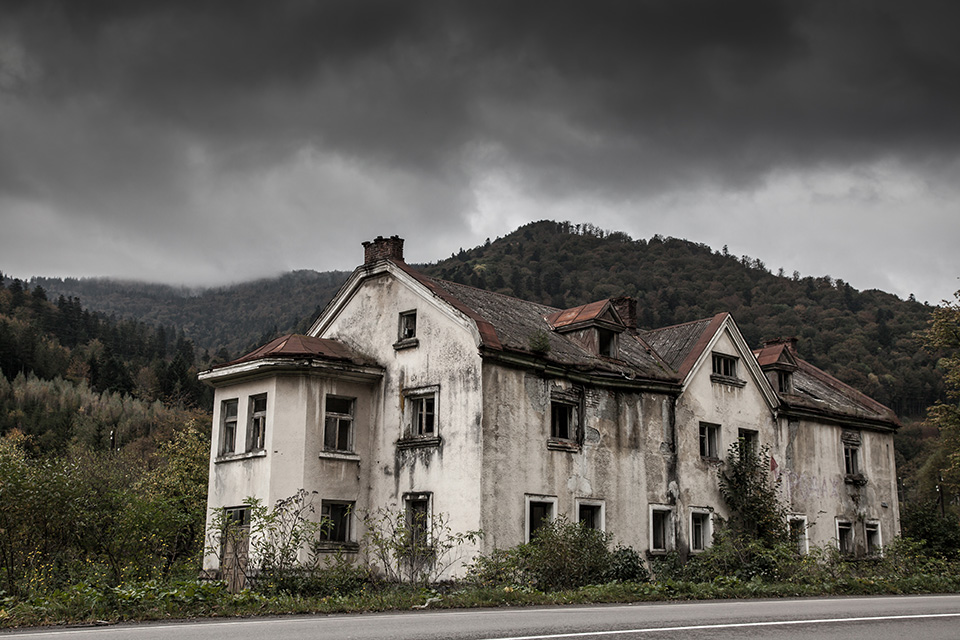


Mentioning real big cities is never a problem. Dead, historical figures are generally fair game. If you are including living people in your novel, you may need to avoid saying anything that would damage their reputation. You should probably not quote copyrighted song lyrics, for example, since your publisher may need to pay a fee to the copyright owner to reproduce them. However, the issues vary depending on what you're referring to.
Places to write stories privately free#
A simple reference is actually giving free advertising. If you're writing fiction, you probably don't need to worry too much unless you are saying something defamatory about a corporation or its products, misrepresenting them, or misspelling their names. If you're writing nonfiction, you have the same obligations that journalists have to tell the truth as you are able to discern it, without malicious slander, and to back up your claims with evidence. That said, if a publisher wants to buy your book, they should have a legal adviser who can clarify such matters and let you know if anything needs to be altered prior to publication. Also, I'm not a lawyer and don't pretend to be an expert on trademarks and copyright law. This question is difficult to answer without knowing the context (for instance, what you plan to say about these real life places or works) or whether this is a work of fiction or nonfiction. It block-booked all 7,956 beds in England’s 187 private hospitals along with their almost 20,000 staff to help the NHS as it battled Covid-19.Answer. The deal, which expires on 31 March, comes after the Covid-19 outbreak prompted NHS England in March 2020 to strike a similar deal with the private sector, which cost about £400m a month. The letter shows that NHS England has agreed a 10% premium to the standard NHS tariff for all work above the value of the minimum income guarantee, and further premiums for more complex work such as cancer treatments “to incentivise the relevant independent sector providers (ISPs) to deliver activity that would not normally be done by ISPs because they deem it not profitable at standard NHS tariffs”. You may therefore take the view that agreeing the contract now is lower risk in terms of tackling Omicron and the higher value for money risk is acceptable.”

“Such risks manifesting would result in significant cancellation of elective care, where we have started to address the impact of earlier waves of the pandemic. Sign up to the daily Business Today email or follow Guardian Business on Twitter at in seeking approval for the deal from the health secretary, Pritchard went on to say: “You may also take the view that if we do nothing or delay, the risk that pressure will grow on the NHS leading to Omicron overwhelming local systems is unacceptable. In giving a minimum income guarantee there is a material risk that the NHS pays for activity that is not performed.” “The NHS would normally only pay for activity actually delivered. “On a per-bed basis, this is significantly more expensive than the equivalent cost of an NHS site with much less certainty on the potential staffed capacity,” she wrote. Pritchard warned in the letter that the NHS would be “exposed financially, particularly if surge arrangements are triggered”. The companies also include Nuffield Health, Ramsay Health Care UK and Aspen Healthcare. It is estimated that 2,000 to 3,000 of these beds could be staffed, subject to staff absence levels, although the firms could not confirm this to the NHS. Private hospital groups have indicated they could provide about 5,600 beds if required, the letter says. This could rise to £175m a month if there is a big increase in hospital admissions. The letter sets out that private hospital groups will receive a minimum of £75m to £90m a month between January and March in return for the NHS reserving capacity at their hospitals.


 0 kommentar(er)
0 kommentar(er)
